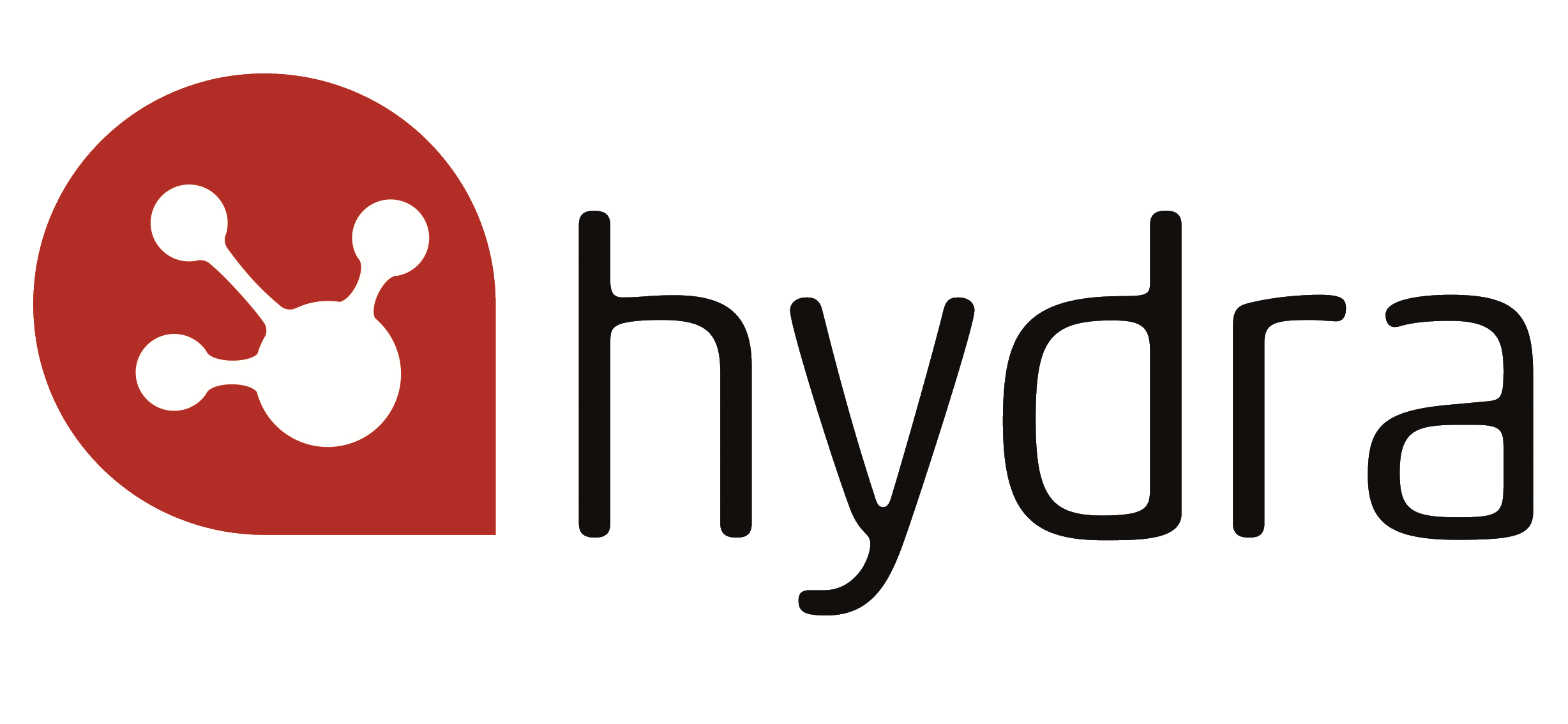4 key qualities of an effective Resource Manager
One of the biggest factors in a project’s success comes down to how effectively you manage your resources; your team, their roles and responsibilities, the equipment and materials needed.
Our articles 3 best practice tips for effective resource management and 5 common resource planning problems and how to solve them explore ways to overcome common resourcing challenges and improve the way your project resources are planned and delivered.
A Resource Manager needs to plan, allocate, manage and track the project resources. But with so many different challenges to overcome, what are the key qualities needed to be effective, ensuring the right people, skills, equipment and materials are in the right place at the right time?
What Are Resources?
Resources can be anything from people and teams to equipment and materials.
Who
- the type of team needed;
- key responsibilities of each team member;
- role of each team member;
What
- type of equipment needed;
- quantity of equipment needed and it's purpose;
- total amount of material needed
1. Planning
An effective Resource Manager needs to have the ability to plan the resources for a project, sometimes months in advance and
- schedule the dates for using the planned resources including when and for how long;
- identify the amount of resource required per project activity;
- create a detailed resource-use schedule.
2. Detail oriented
To be able to create an accurate resource plan an effective Resource Manager needs to have an eye for the detail coupled with clear visibility of all available resources.
Visibility is a vital ingredient in the successful resourcing of every project. Accurate resource visibility helps you identify both your 'superman' resources - experts that always deliver faster and better than expected as well as any shadow resources - those that are hiding in the white spaces between assignments.
True resource visibility means the best resources are allocated depending on their skills, cost and availability. The result is the earliest finish and the most cost effective delivery.
3. Manage priorities
No matter how closely you are managing a project, there are certain factors even the most experienced resource manager cannot control such as last minute client requests or changing legislation.
Common resource planning problems such as competition for resources, scope creep and changing risks are also three constant headaches for resource managers that can lead to shifting project priorities.
Here are a few ways to manage priorities effectively
- Identify any risks at the outset and ways to mitigate them.
- Track the progress of the project closely.
- Keep focused on your projects success criteria;
- Don't take the shifting priorities personally.
It is important that an effective Resource Manager not only has the right tools to manage priorities but also the confidence and courage to make the decisions that achieve the best outcomes.
4. Great communication
Communicating the status of your project is vital so that everyone knows exactly what stage the project is at and how it needs to progress. For example, using a shared workspace with schedules that update in real-time shows everyone the true status of the project and keeps your project on the right track.
The frequency of communication is also vital. Instant messaging, email, shared social spaces (allowing document and information sharing), regular team meetings or “power huddles” and stakeholder interviews are all good ways to maintain frequent communication. Don't forget about your remote teams either!
Managing your people and their skills also requires communication and co-operation with other teams, departments and stakeholders. The use of soft skills such as integrity and emotional intelligence play a valuable part in clear and transparent communication and encourage collaboration in your team.
Conclusion
Effective resource planning is one of the key drivers of business success and the role of a resource manager is becoming an increasingly important position, especially for organisations running numerous projects with remote teams. Whether you use a professional Resource Manager, or retrain existing staff, ensuring they have the right qualities as well as the right tools to do the job is key.
See if Hydra resource management software is right for your organisation.


